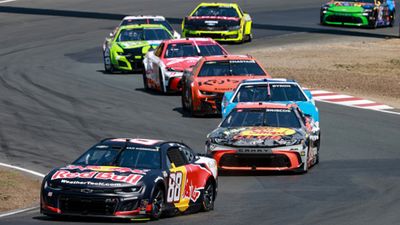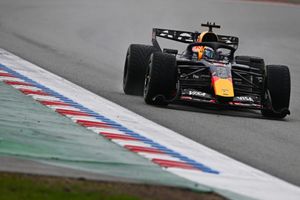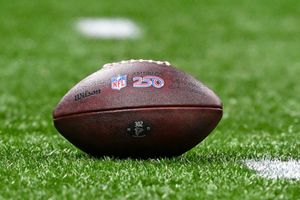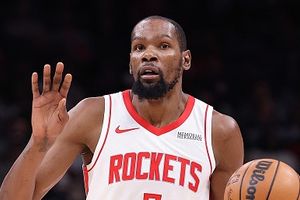In a bombshell revelation that’s sending ripples through the motorsports world, a top NASCAR insider has peeled back the curtain on the financial and competitive disadvantages of running as an open team, just as 23XI Racing and Front Row Motorsports (FRM) teeter on the edge of losing their charters amid a high-stakes legal standoff with NASCAR.
The controversy centers around the antitrust lawsuit filed by Michael Jordan-owned 23XI Racing and Bob Jenkins-owned FRM, accusing NASCAR of engaging in “monopolistic practices.” In their fight for survival, the two teams initially secured a preliminary injunction to protect their charter rights while the lawsuit played out. But that shield was short-lived—a U.S. Court of Appeals panel overturned it, and subsequent appeals by the teams were denied again.
Now, both teams are resorting to what may be their final legal lifeline: a temporary restraining order and a new preliminary injunction aimed at preserving their charter status. Without it, they risk becoming open teams, a downgrade that could have devastating consequences.
The cost of being an open team
Renowned NASCAR journalist Bob Pockrass recently exposed the stark financial realities facing open teams. In a telling social media post, he explained:
“In Cup, charter teams get a base amount each race for showing up and racing. Open teams don’t. Then, the payout based on place (not including the base amount paid to charter teams) is the same no matter the car.”
The implications are massive. Charter teams receive a guaranteed base payment just for participating, while open teams must survive solely on performance-based earnings. The difference can total millions over a season, especially for teams like 23XI and FRM, which each hold three charters.
And the damage doesn’t stop there. If the injunction fails, sources say NASCAR could demand the return of all race earnings collected under charter status across the first 20 races of the 2025 season—a potentially crippling financial blow.
Poaching risks and team instability
Beyond the monetary aspect, the fallout of losing charter status could tear at the very fabric of both teams. Without a charter, their drivers would be contractually unbound—free agents open to offers from rival organizations. That opens the door for poaching threats, especially targeting top-tier talents like Tyler Reddick, a cornerstone driver for 23XI Racing.
Reddick’s loss would deal a catastrophic blow to the team’s competitive edge and long-term vision. For a rising organization backed by a sporting icon like Michael Jordan, such instability threatens both brand identity and investor confidence.
A crucial moment for NASCAR’s power balance
The legal clash has also cast a harsh spotlight on the charter system itself—a franchising model that some insiders argue grants NASCAR outsized control over its teams. Critics within the garage believe this lawsuit could become a tipping point that reshapes the future of team ownership, equity, and operational autonomy in the sport.
The outcome of the ongoing legal efforts by 23XI and FRM will not only determine the fate of two major teams but could also set a legal precedent that challenges the status quo of NASCAR governance.
As the motorsports world waits with bated breath, one thing is clear: if 23XI and FRM are forced into open-team status, it won’t just be a demotion—it could be financial sabotage and competitive exile in one brutal blow.
ADVERTISEMENT










